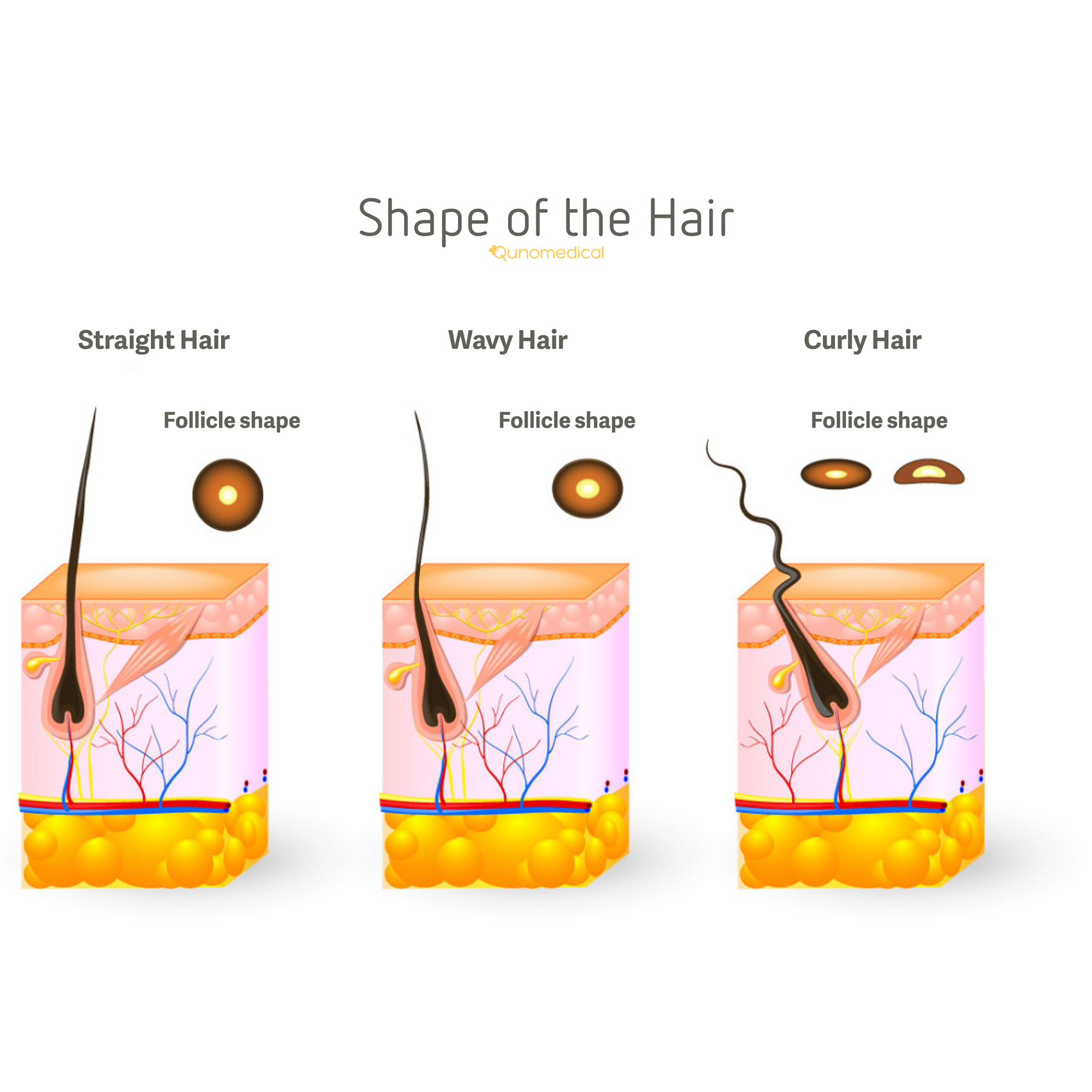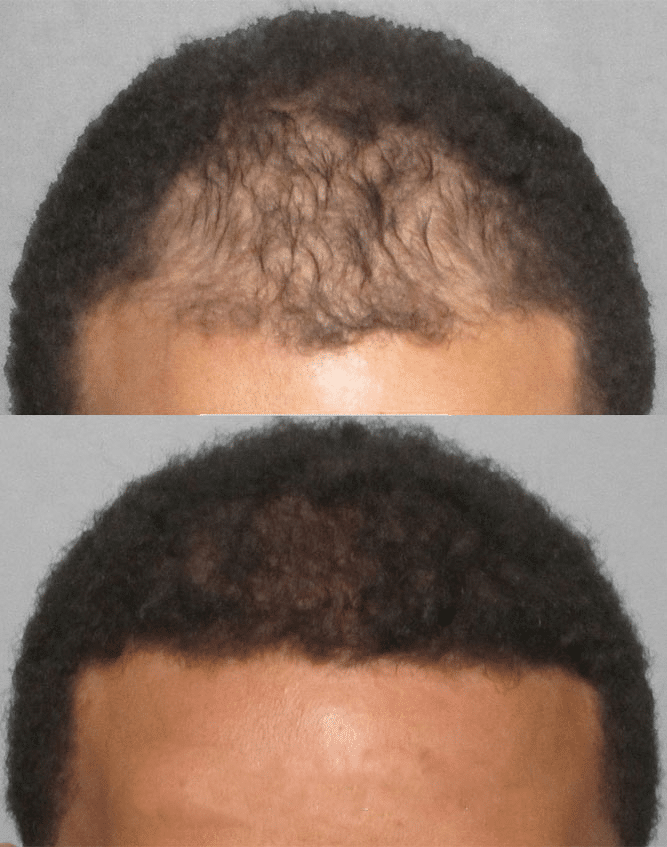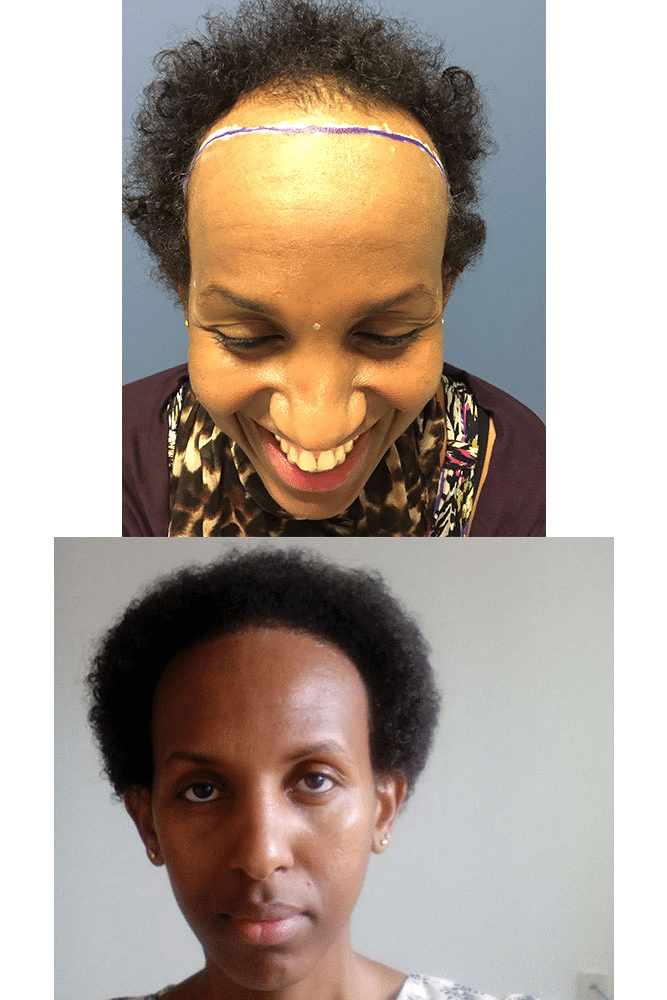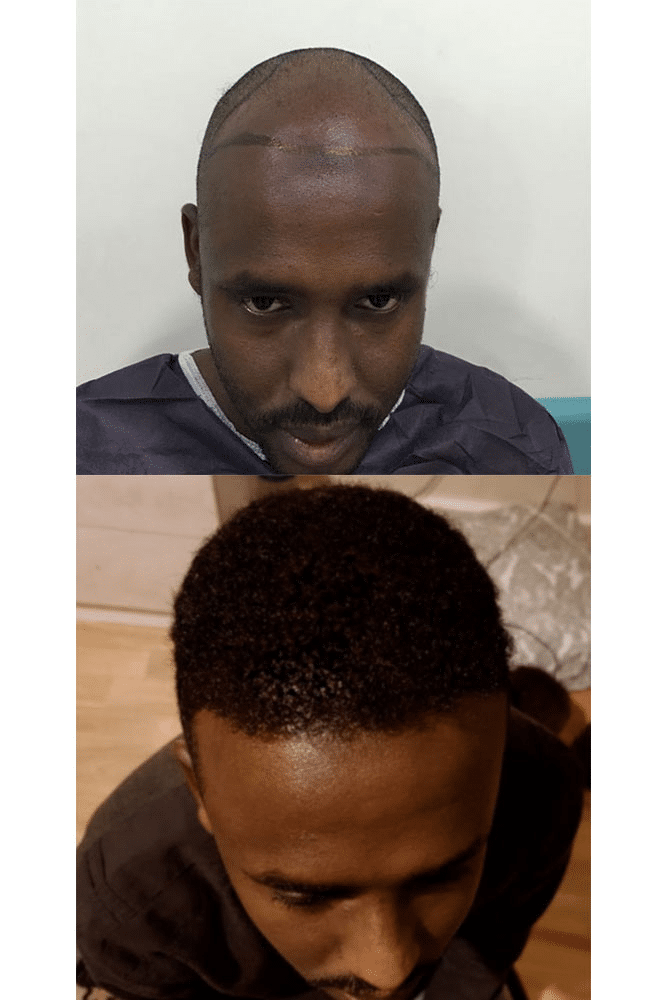Afro Hair Transplants: All You Need to Know
Although not the most common type of plastic surgery, afro hair transplants have become a much more viable option in recent years. When it comes to hair transplants, you might be unsure whether it can cater to your specific needs. Questions such as “Will a hair transplant work with my type of hair?” often come up. The answer to this though, is a resounding yes! Read on to discover the options you have for treatment, as well as popular locations and average afro hair transplant costs.
The Shape and Characteristics of Afro Hair
Afro hair is tightly curled or kinky, and has a distinct C-shape. The hair follicles are often not visible, as they tend to curve underneath the skin. Because of this, transection rates on curly and afro hair tend to be higher than on straight hair. Transection refers to the unintentional cutting of a hair follicle during a transplant. This can occur during both the extraction and implantation stages of a transplant. Transections most commonly happen when a surgeon is removing grafts from the back or side of the head, as the blade used for this cuts through hair follicles. This damages them and means they cannot be used for transplantation. Transections can also occur because of the pressure applied to the scalp during a hair transplant procedure, or by using blunt or incorrect tools. For this reason, carrying out a hair transplant for afro hair requires extensive experience and knowledge, as well as a sensitive understanding of culture, the patient’s needs, and the application of specific techniques. Qunomedical approved doctors have been professionally vetted with quality and affordability in mind, making them an ideal choice for an afro hair transplant.

When Should I Get an Afro Hair Transplant?
A hair transplant is a viable option for men or women who have partial baldness, a receding hairline or traction alopecia — a type of gradual hair loss caused by excessive pulling of the hair. Afro hair is particularly vulnerable to traction alopecia due to common hair styles such as tight braids or dreadlocks. Hair transplant surgery is generally not recommended if you’re undergoing temporary hair loss or suffer from either patterned baldness or spot baldness. This is often because if you’re experiencing patterned baldness around the back and sides of your head, it can be an indication that your hair is not resistant to dihydrotestosterone (DHT). This is the hormone thought to be responsible for hair loss. Therefore, if the hair in your donor area is not DHT-resistant then any future transplant is likely to be unsuccessful.

Types of Hair Transplants: What Options Do I Have?
There are a few common hair transplant techniques used widely today. Which technique you go for will be dependent upon the doctor you choose, your type of hair loss, and your personal expectations of an afro hair transplant.
Follicular Unit Extraction (FUE)
FUE hair transplants involve extracting hair grafts — groups of 1–4 hair follicles — from the back or sides of your head. These grafts are then transplanted onto the bald or thinning area on the top of your head. FUE aims to leave minimal scarring and initial healing after the treatment usually takes around two weeks.
Follicular Unit Transplantation (FUT)
Developed back in the 1950s, FUT involves the use of local anesthesia to remove a strip of skin from the back or side of your head. The strip is then divided into smaller grafts and implanted into the area of the head that is bald or that has thinning area. This method leaves patients with a permanent scar and recovery following the surgery takes a couple of weeks.
Direct Hair Implantation (DHI)
DHI is another popular, minimally-invasive hair transplant procedure. This technique makes use of a specialist tool known as a Choi Implanter Pen to restore lost hair. The Choi Implanter Pen allows hair follicles to be implanted quickly after extraction, reducing the risk of them becoming damaged after being left out for too long. Hair transplant methods vary because there’s no one-size-fits-all approach to these procedures and there’s no ‘typical’ afro hair transplant patient. Check out a few afro hair transplant before and after pictures from three of our Qunomedical approved clinics.

Afro hair transplant at Dr. Cinik Hair Hospital

Afro hair transplant at Istanbul Aesthetic Center (IAC)

Where Can I Go for My Treatment?
At Qunomedical, you have the choice of choosing from highly-experienced hair transplant specialists, at home and abroad. An afro hair transplant in Turkey is one of the most popular options for those undergoing the treatment. Thanks to lower living and labour prices, FUE afro hair transplant costs in Turkey are — on average — around €1950, compared to €7100 in the UK, and €6940 in the US. Poland is also a popular choice, with average prices coming in at €2900. It’s not just the affordability that makes these destinations popular though. Turkey for example, is home to some of the most renowned hair transplant surgeons in the industry. Dr. Mehmet Erdogan, MD for instance, has performed over 2500 treatments and is the co-founder of the well-established Smile Hair Clinic in Istanbul. Interested in getting started with your afro hair transplant journey? Contact us now and one of our Patient Managers will be in touch to get you started with a free assessment.
Afro Hair Transplants: Things to Remember
Afro hair transplantations are a definite possibility but require skilled and experienced physicians and nurses. Hair transplant success rates in general are very good, however, afro hair transplants require a little more time and care, in order to achieve the same level of success and satisfaction. Additionally, it’s important to keep in mind that afro hair is curly and thick and hence it provides more coverage. Due to this, your surgeon will likely transplant less hair than in a conventional straight hair transplant. However, this can vary on a case-by-case basis. Lastly, the choice of the procedure depends on your personal requirements and preferences. Make sure to make your needs and motivations known in the initial consultations with both your doctor and your Qunomedical Patient Manager prior to the surgery.
FIND THE RIGHT SPECIALIST AT A FRACTION OF THE COST.
Qunomedical lists only the top clinics and doctors in the world. Contact us for your free quote.

Patient manager
Frieda
Your personal Patient Manager
Let's talk
Still unsure? Feeling overwhelmed? Talking to a real person can give you the guidance and reassurance needed. You don’t have to do it alone. Let’s find the right doctor together.
